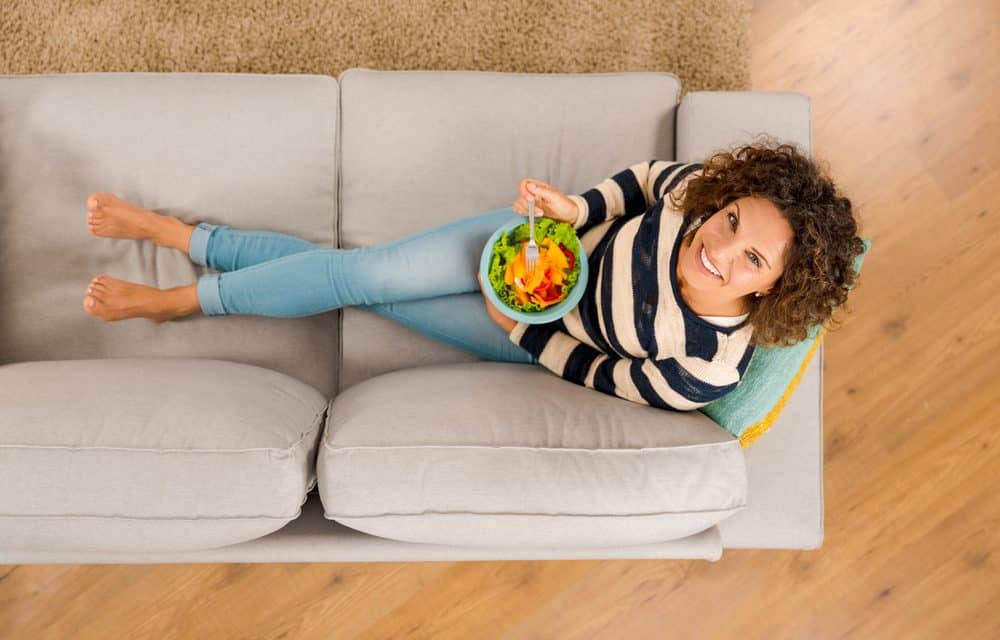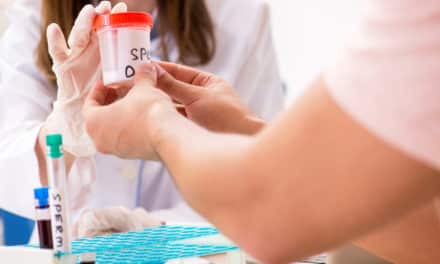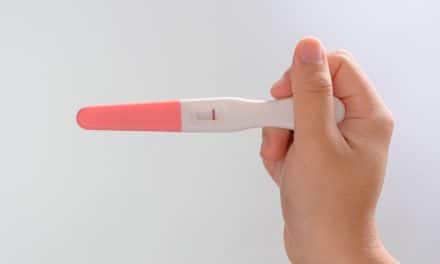It is proved that a healthy lifestyle can contribute to ameliorate our general health, but fertility depends on many different factors – genetic, hormonal, physical, emotional… – and can be affected by multiple causes. For this reason, we asked Dr Beatriz Álvaro, expert in Gynaecological Endocrinology, and Xus Murciano, responsible for the Nutrition Unit, to answer some question:
Green leafy vegetables: why are they recommended? They are rich in folic acid, a B group vitamin that helps to prevent foetal malformations. But in order to ensure the necessary dose, you need to take a supplement from at least one month prior to the pregnancy (and during the first three months).
Maca: a fertility elixir? Maca is an energetic strengthener with aphrodisiac and antidepressant properties, but it doesn’t apply any hormonal regulation activity.
You must accurately wash and dry fruits and vegetables before their intake. Yes, because they could contain chemical substances, derived from fertilisers and pesticides, which act as endocrine disruptors that could affect growth and fertility of some living beings.
Evening-primerose oil: is it another baseless myth? Its efficacy as fertility enhancer has not been proved.
Wholegrain cereals, better than refined ones. Yes, because taking the whole grain increases its contribution of iron, fibre and B group vitamins, which are essential.
Plant proteins: are they better than animal ones? Proteins are a food group which is mandatory in your daily diet. Animal proteins are as recommendable as plant-based ones, but red meat is rich in saturated fats, that’s why it is better recommended to eat white meat, fish and plant-based proteins.
Caffeine: do I have to avoid it? You can have coffee, but do not abuse. And of course, no Cola drinks, not even in their light version.
Oily fish and extra-virgin olive oil. They contain healthy fats that oppose inflammation and increase our body’s insulin receptivity: two things that favour fertility.
Dairy products: yes or not? Yes, they are a good source of calcium and D vitamin, two fundamental elements for the future baby’s development.
Iron: why is it essential? Pregnant women need a double dose of iron, that’s why it is important that your daily diet includes an adequate intake.
Gluten-related disorders: could they affect fertility? Yes. Coeliac disease can cause problems related to malnutrition and bad absorption of some nutritious elements, which could affect hormonal system functionality.












